CRIRSCO AND ICMM
The International Council on Mining and Metals (ICMM) was established in 2001 to improve sustainable development performance in the mining and metals industry. Today, it brings together many of the world’s largest mining and metals companies as well as national and regional mining associations and global commodity associations. ICMM vision is one of leading companies working together and with others to strengthen the contribution of mining, minerals and metals to sustainable development.
In 1994, during the 15th Congress of the Council of Mining and Metallurgical Institutions (CMMI) in Sun City, South Africa, the Mineral Definitions Working Group was created, made up of representatives from Australia (AusIMM), Canada (CIM), South Africa (SAIMM), the UK (IMM), and the US (SME).
The main aim was to develop a set of international standard definitions for the reporting of mineral resources and mineral reserves. The initiative assumed greater urgency in March 1997 with the notorious Bre-X scandal. This was one of mining’s greatest frauds, when a penny stock soared to CAD$286 per share before becoming worthless when an independent audit found that drill samples had been “salted” by adding gold particles.
In October 1997 there was a breakthrough when the participants of the working group met in Denver, US and reached provisional agreement for the definitions of mineral resources and mineral reserves, and their respective sub-categories: measured, indicated and inferred mineral resources, and proved and probable mineral reserves. Following this agreement, mineral reporting codes and guidelines developed in major countries became standardized to a significant extent.
The professional bodies of the CMMI agreed in May 2002 to disband the combined body in favor of less formal bi- and multi-lateral links, with a preference for electronic communications. Largely due to the enthusiasm and commitment of its members, the working group was re-formed as the Combined Reserves International Reporting Standards Committee, or CRIRSCO.
The name was later changed to the Committee for Mineral Reserves International Reporting Standards, but the acronym was retained and CRIRSCO became recognized as the international organization that represents the mining industry on issues relating to the standardization of codes for public statements, which gave it high credibility and responsibility, taking over the working group of the extinct CMMI.
Following a series of discussions from late 2006, CRIRSCO formed an alliance in 2007 with the International Council for Mining and Metals and became a Task Force of that organisation charged with promoting and maintaining best practice reporting. In October 2009, the arrangement was modified when CRIRSCO became a Strategic Partner of ICMM. That arrangement continued via a series of three-year MOUs with the current MOU running until the end of 2024, with ICMM providing financial and administrative support to CRIRSCO and CRIRSCO supporting ICMM’s strategic goals.

International Reporting
Template
News & Activities
CRIRSCO, in collaboration with CIM, is pleased to announce the inaugural MRMR 2024 Conference The conference will be
Harmonization of UN Framework and CRIRSCO Template will support more transparent and comparable mineral project reporting. The collaboration
Prime Minister of Kazakhstan Alikhan Smailov held a meeting on the implementation of international standards CRIRSCO in the
Arising from discussions with the UNECE and IASB it is clear that there is a perception outside the


